The Christmas season is generally synonymous with joy and enjoyment, but it can also become a cause of stress and anxiety if we find ourselves trying to follow a diet after bariatric surgery. It is normal for patients to feel nervous about the impact of the festivities because there are so many events to attend and we tend to consume more food and alcohol than normal, which brings feelings of remorse and guilt for having performed these excesses.
While we understand that it is almost impossible to eliminate temptations and follow the nutritional guidelines provided by your doctor to the letter during this time of the year, there are different recommendations you can follow to enjoy a Christmas without guilt, focusing on enjoying a moderate and conscious food intake.
Eat the protein first at the Christmas and New Year's dinner: when you eat the meat, chicken or turkey first, as you usually do in all your meals, you will be eating the food group that nourish you the most and you will be satisfied faster, before you want to consume the remaining foods that may not be as nutritious.
Keep the amounts of sugar and fat to a minimum: remember that after a gastric bypass or sleeve excess sugar and fat can cause dumping syndrome, so it is advisable to reduce the use of sugar and replace it with Splenda when cooking holiday desserts. In addition, try using substitutes such as low fat butter when making your sauces and gravies.
Choose your days and times of excess: the holiday season is like any other time of the year where you should try to follow your schedule and regular food intake to the maximum. It is important for patients to be aware that not because it is Christmas you can eat any type of food and in any quantity without any repercussions such as nausea, vomiting or Dumping syndrome. It is good to identify the foods you tolerate after your surgery, the days when you think you will consume more than what is recommended and plan your day and meals based on this, especially when there is an abundant supply of high-calorie foods. Although you can consume your favorite foods, the trick is to plan your intake and do it in moderation both at home or at any event or dinner that you attend.
Eat slowly: this is a golden rule after obesity surgery and even more important during the festive period since it will allow you to eat less and stop when you feel satisfied, as well as to enjoy more the taste of foods that you do not normally eat outside the Christmas season.
Keep your exercise routine: it is difficult to combine exercise with all the activities and commitments we have during these days, but it is important that you try to keep your routine as you will be eating more and this will allow you to burn the extra calories more easily.
Change the main focus of Christmas: the most important recommendation we make to our patients is to change the main focus of the holidays towards the quality time shared with their loved ones instead of the food. In this way, the anxiety and frustration of not being able to eat everything in excess will decrease and you will be more likely to enjoy without associating food as a synonym of happiness at Christmas time.
Happy Holidays! Let’s enjoy them without guilt.










